Models that can predict and help us to understand the body’s thermal state could help optimize temperature management strategies in a clinical setting.


Models that can predict and help us to understand the body’s thermal state could help optimize temperature management strategies in a clinical setting.
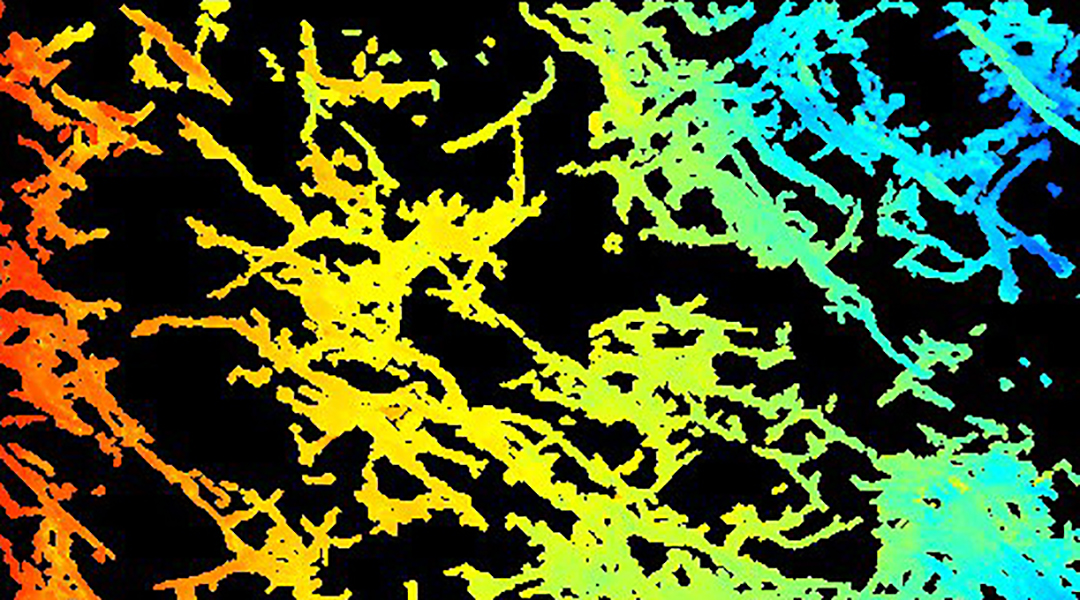
How can computational modeling help to better understand and predict when the power cells of our gut fail?
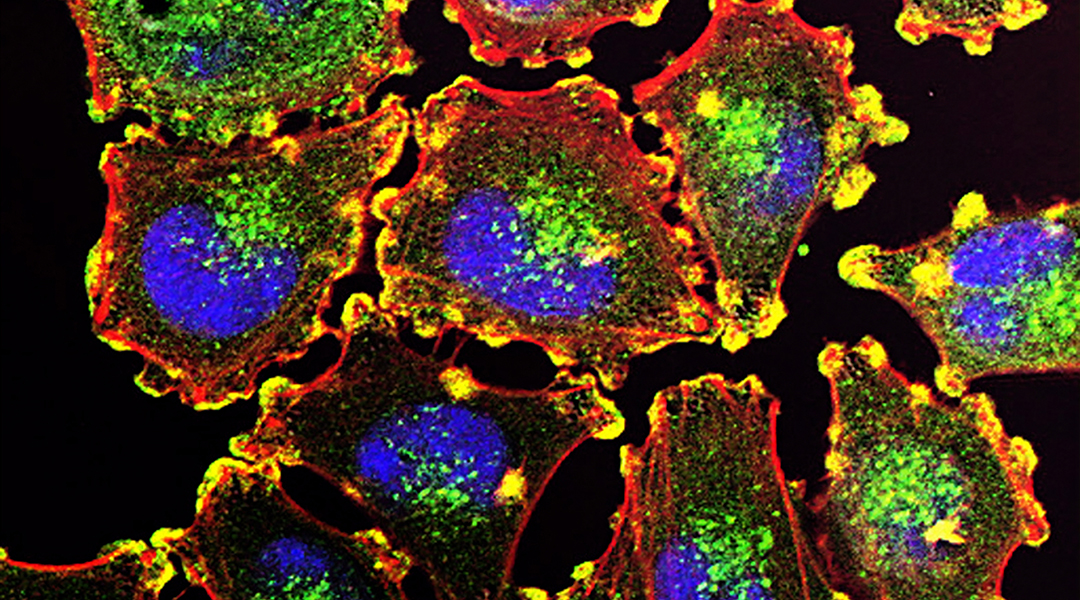
Light-activated proteins enable scientists to study and engineer subcellular structures for research and biotechnological applications.

Unlocking the secrets of the skin could also help your overall health.
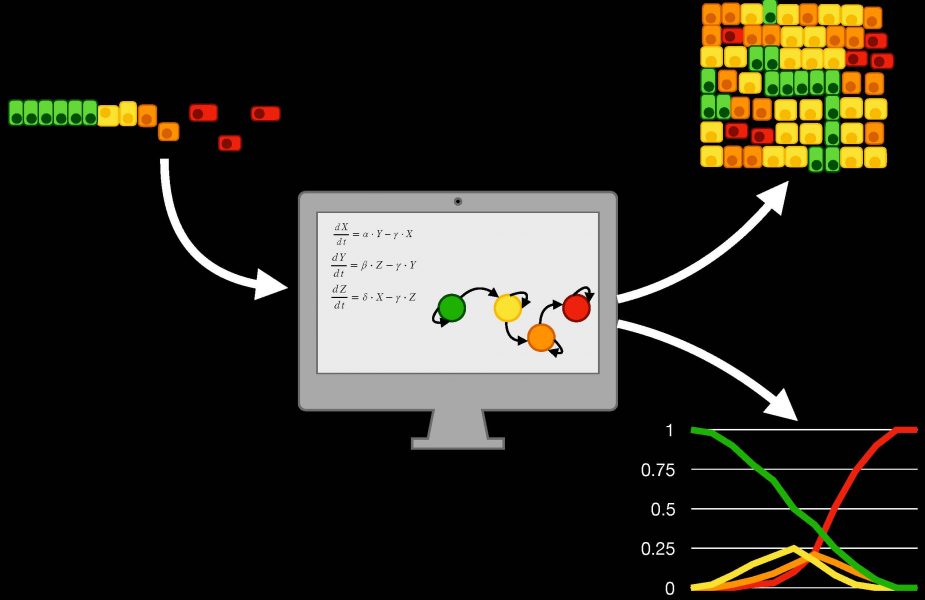
Computational modelling enhances the multidisciplinary approach to understanding the epithelial-to-mesenchymal transition in cancer metastasis.
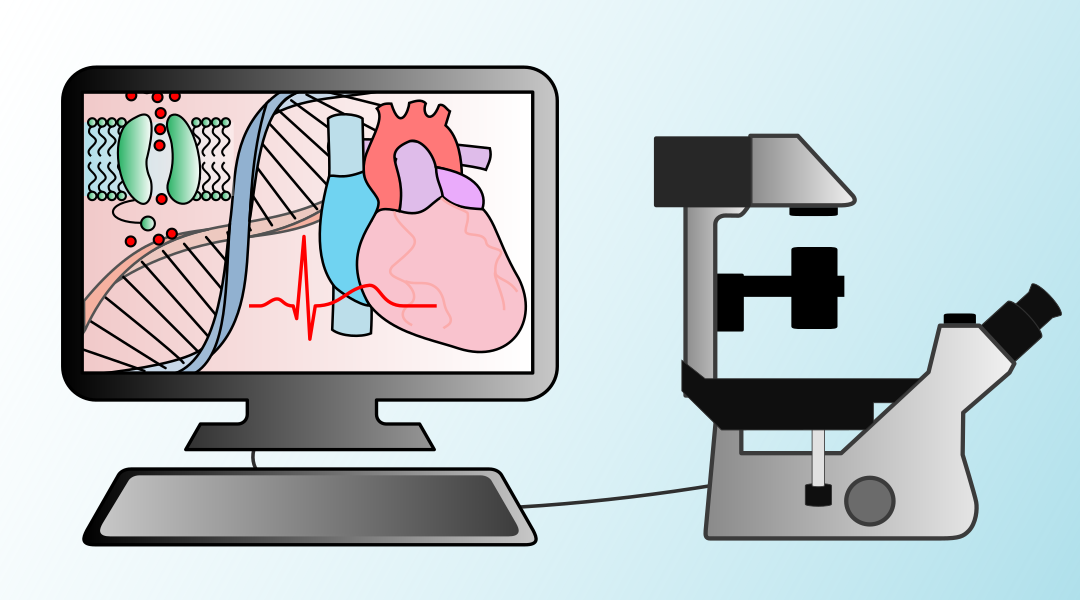
Cardiac models are becoming increasingly accurate as predictive power improves.

Researchers are increasingly interested in how a systems biology approach may be used to tackle multi-scale heart problems.
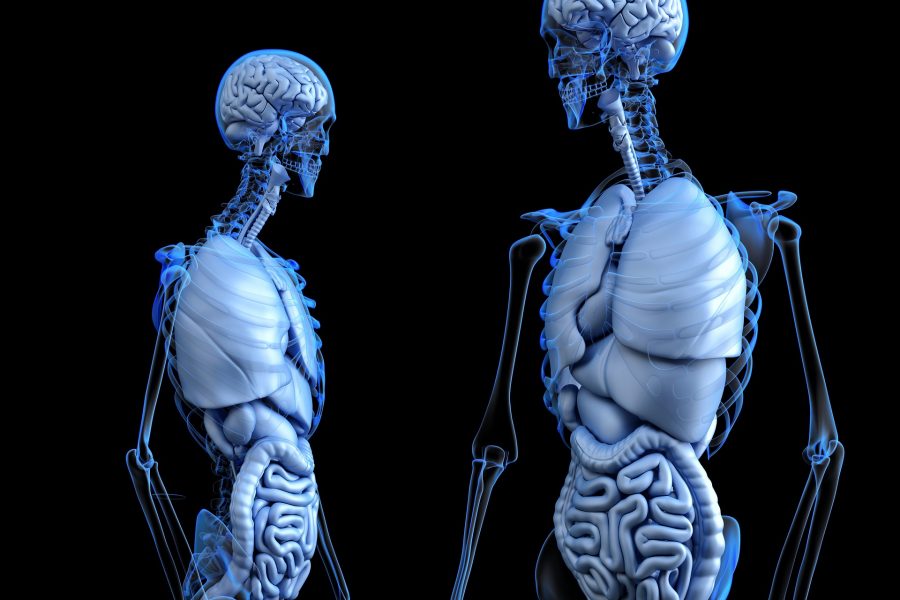
Decades of research in skeletal muscle physiology have provided multi-scale insights into its structural and functional complexity.

Pluripotent stem cells have the ability to unlimitedly self‐renew and differentiate to any somatic cell lineage.

State of the art of mathematical hybrid modeling of cancer development and treatment.